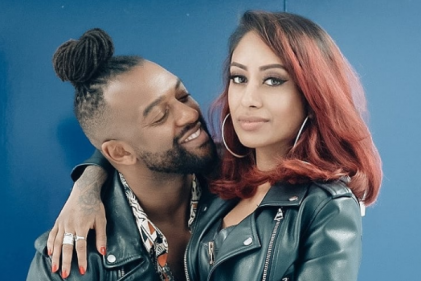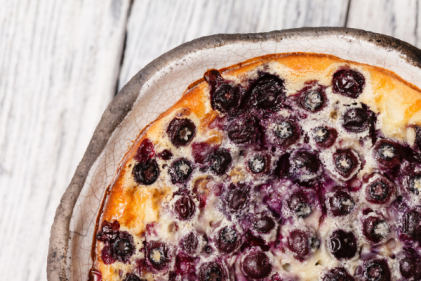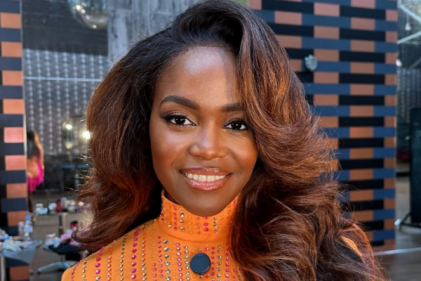Iron is used by the body in the production of haemoglobin and myoglobin, both of which are responsible for transporting and storing oxygen in the body. Since your body needs oxygen to function, it’s important that your body has enough iron. When you are deficient in iron, you are said to be anaemic, and anaemia is a potentially dangerous condition.
Iron deficiency causes a range of symptoms, ranging from tiredness and irritability to impaired cognitive development. It’s also one of the most common types of deficiency in developed countries.
Your toddler needs to eat an average of 7 mg of iron every day, in order to prevent anaemia. This iron is available from animal products, in the form of heme iron, which is easily absorbed by the body, or non-heme iron, from fruits, vegetables and other sources.
Make sure that your child eats plenty of red meat, poultry and seafood, or if you are vegetarian, or to supplement that intake, from green leafy vegetables, broccoli, strawberries and potatoes and fortified breakfast cereals among other foods.
As long as your child’s average iron intake is sufficient, an iron supplement is not necessary, or recommended. While it’s virtually impossible to get too much iron from food, iron can be toxic in too high a dose, and supplements can be dangerous. Only ever give your toddler an iron supplement if your doctor recommends it.












